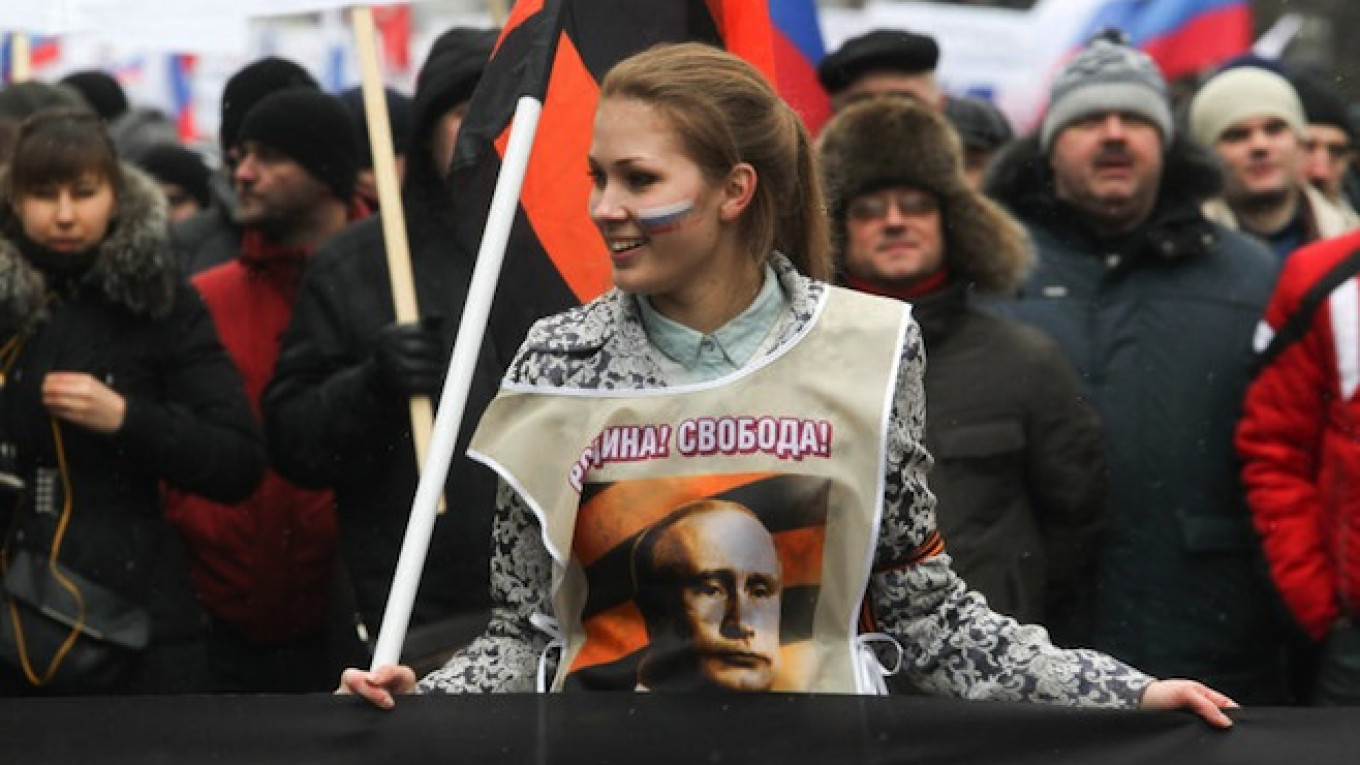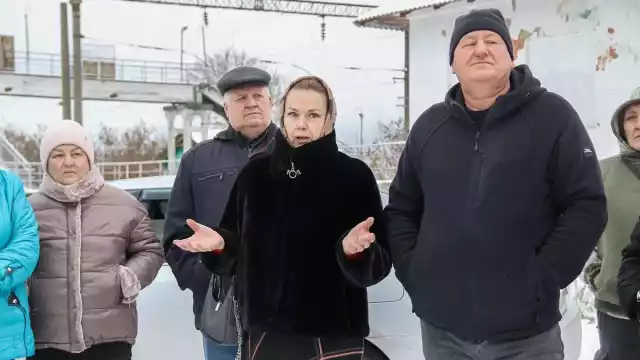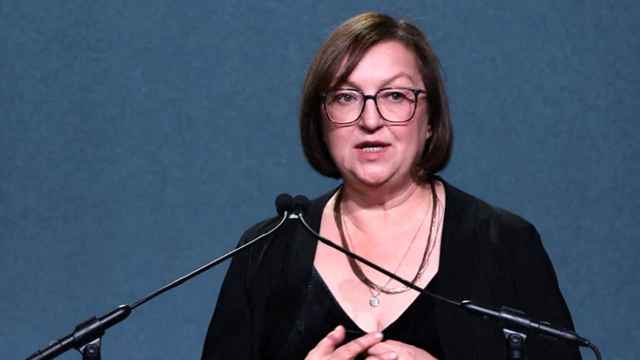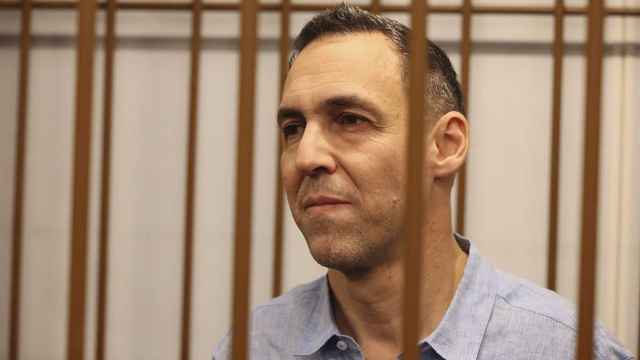Russians' trust in almost every key institution of state has increased during the past two years, even as the country's economy has tanked and freedom of expression has been eroded.
A survey published Wednesday by the Levada Center, an independent pollster, found that public trust in President Vladimir Putin, the army, the security services and police, local and national parliaments and the courts had all risen since 2013, though in many instances confidence remains low.
The rise in trust was recorded during a period that has seen ongoing pressure on opposition movements and protests, tighter laws on nongovernmental organizations, alleged Russian participation in the conflict in Ukraine as well as in Syria, economic sanctions and a sharp devaluation of the ruble.
However, these have been accompanied by positive coverage on Russian television networks — through which most people receive their news — and swelling nationalist sentiment after the Ukraine crisis began in early 2014.
Putin and the army scored the largest increases in public confidence. Eighty percent of respondents said they fully trusted the president, compared to 55 percent in 2013. Faith in the armed forces rose from 43 to 64 percent over the period.
Confidence in the security services also rose to 50 from 36 percent. Trust in the government increased to 45 percent from 30 percent. Two-fifths had faith in Russia's upper and lower houses of parliament up from around a quarter in 2013.
Thirty percent of people said they fully trusted the police and the courts, up from around 20 percent two years ago.
The Levada survey was carried out over Sept. 18-21 among 1,600 adults across Russia. The margin of error did not exceed 3.4 percent.
A Message from The Moscow Times:
Dear readers,
We are facing unprecedented challenges. Russia's Prosecutor General's Office has designated The Moscow Times as an "undesirable" organization, criminalizing our work and putting our staff at risk of prosecution. This follows our earlier unjust labeling as a "foreign agent."
These actions are direct attempts to silence independent journalism in Russia. The authorities claim our work "discredits the decisions of the Russian leadership." We see things differently: we strive to provide accurate, unbiased reporting on Russia.
We, the journalists of The Moscow Times, refuse to be silenced. But to continue our work, we need your help.
Your support, no matter how small, makes a world of difference. If you can, please support us monthly starting from just $2. It's quick to set up, and every contribution makes a significant impact.
By supporting The Moscow Times, you're defending open, independent journalism in the face of repression. Thank you for standing with us.
Remind me later.






